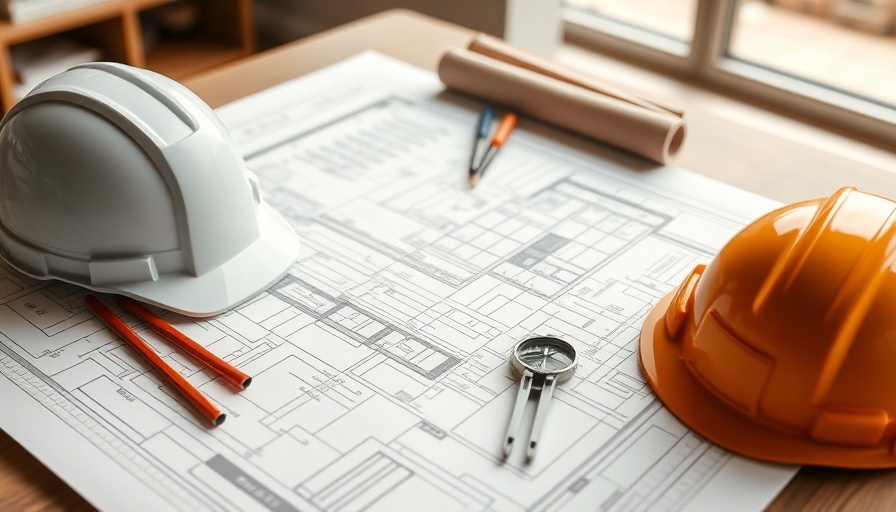
Advancements in Residential Housing: A Look at Austin's Zoning Changes
In a move that sets the stage for potential residential growth, Austin's City Hall recently approved crucial entitlement changes aimed at boosting the housing supply across North, South, and East Austin neighborhoods. These developments come at a time when the city grapples with rising demand for housing and increasing rental prices. The implications of these changes could significantly affect not only current residents but also potential newcomers to this vibrant city.
Why Housing Supply Matters
The link between housing supply and rental prices is clear. A recent analysis highlights that as apartment supply increases, the pressure on rental prices can decrease. This insight underlines the importance of the recent zoning changes that aim to facilitate new housing projects. City officials believe that by enabling more residential developments, they can help manage the affordable housing crisis that has affected many Austin residents over the past few years.
The Broader Implications for Austin's Economy
Furthermore, the push for new residential projects aligns with Austin’s identity as a rapidly growing tech hub, often referred to as a breeding ground for startups and entrepreneurs. With the rising number of tech companies and venture capital interest flowing into the city, the local economy stands to benefit from these residential advancements. As more people move to Austin for job opportunities, the demand for housing will only continue to rise.
Counterarguments and Diverse Perspectives
While many welcome these changes, there are dissenting voices that caution against overdevelopment. Residents worry that not all new housing will cater to middle-income families, potentially exacerbating the housing affordability issue. Critics argue that while increasing supply is essential, the focus should also be on creating a diverse range of housing options that include affordable units for those who need them most.
Future Trends in Residential Development
As Austin moves forward with these zoning changes, urban development experts predict a shift towards more sustainable building practices. This could include an uptick in environmentally-friendly construction methods and designs meant to create inclusive communities. The increasing prevalence of such practices not only appeals to eco-conscious residents but can also enhance the city's appeal as a leader in innovation.
Local Business Impacts
The residential projects advancing through City Hall also hint at new opportunities for Austin's small businesses. As new residents move in, local entrepreneurs can expect a growing customer base, providing fertile ground for Austin's small business community to thrive. Initiatives spearheaded by the Austin Chamber of Commerce and local business associations emphasize support for minority-owned and women-owned businesses, ensuring that as housing grows, the economic landscape becomes more diverse and inclusive.
Conclusion
The residential projects advancing at City Hall are promising steps toward addressing the housing supply issue in Austin, potentially mitigating rent increases and enriching the community's economic landscape. For local residents and aspiring entrepreneurs alike, this could signal a wave of positive change. As the city continues to grow, staying informed about these developments will be crucial for all stakeholders involved.
Stay tuned for more updates on Austin's housing market and its impact on our community. Join local networking events and engage with fellow entrepreneurs to explore business opportunities in this growing market.
 Add Element
Add Element  Add Row
Add Row 



Write A Comment